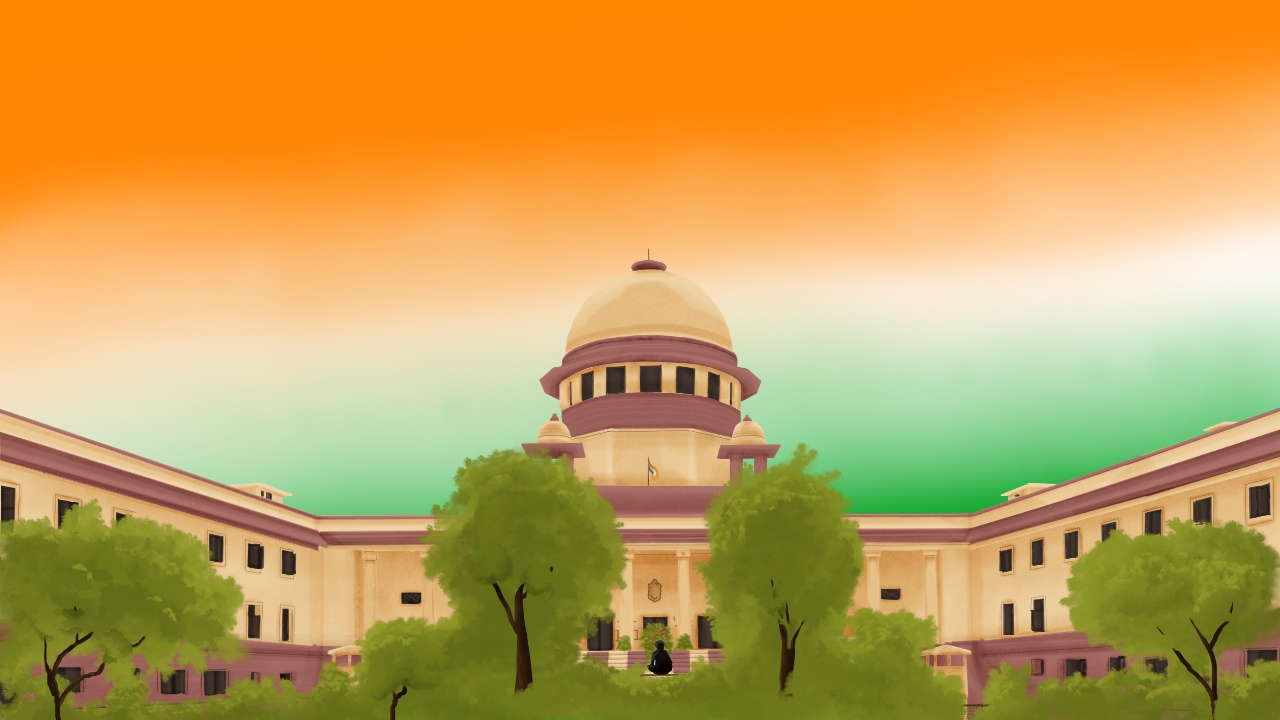“Challenges of specially abled magnified during pandemic”: Plea in Supreme Court seeks steps to ensure equal participation in online classes & exams

A plea has been moved in the Supreme Court seeking enforcement of Fundamental Rights under Article 14 and 21 of students who are specially abled, with regard to conduct of online classes/examination by Educational Institutions.
The petition is moved in light of the change in pattern adopted due to the ongoing pandemic, focussing on challenges faced by students with disability.
“The universities, college are conducting online classes during the pandemic without considering the various challenges faced by students with disabilities and meeting their access needs and without providing reasonable accommodations to them. Students with disabilities are in a deplorable state with no access to lectures, study materials or assistance for those students who need individualised support,” the plea states.
A writ of Mandamus is sought against the Respondents to issue specific guidelines to all States/UTs/Academic Institutions to ensure that students with disability participate equally in online classes and also take into account the plight of such students while finalizing the exam schedule.
The Petition is filed through Advocate Sanchita Ain and listed for hearing on Monday, before a Division Bench of Justice AM Khanwilkar and Justice Sanjiv Khanna.
“While persons with disabilities have been struggling in every field during this pandemic and the issues of lack of digital accessibility and exclusion of persons with disabilities have never stared us at our face as during these times, the question of introducing inclusive technologies for a post COVID world in the field of education is the most crucial owing to the impact it would have on generations to come,” the plea adds.
Reliance is inter-alia placed on, Section 2(h), Section 8, Section 16 and Section 17 of Rights Of Persons with Disabilities Act, 2016, Jeeja Ghosh v. Union of India, (2016) 7 SCC 761, Disabled Rights Group v. Union of India & Ors., (2018) 2 SCC 397.
Highlighting the difficulties faced by Students with disability, the petition enumerates the following points that are manifestly discriminatory and inconsistent with the principle of “inclusive education” under RPWD Act, 2016 and the Fundamental Right to Equality;
- Students with hearing disabilities are not able to participate as the lectures do not have transcripts and there are no sign language interpreters.
- The study materials provided are inaccessible because some contents are in image form and no alternative texts are provided for the description of the images.
- The scanned documents are not properly scanned or not converted via OCR reader.
- Some students with specific disabilities need individualised support in certain subjects that are not being provided within the system of online classes by schools, colleges and universities. Earlier, it was still possible for such students to contact certain organisations providing extra support to these students in terms of converting the material into accessible formats or extra tuition classes, but with the current pandemic situation, such voluntary support is scarcely available to these students.
The petition further puts forth the issue of additional facilities that must be considered for such students, like, accessible assessment formats (with large print, Braille, accessible soft copy), scribe, extra time, modified or customised assessments as per individual needs. Stress/anxiety/accommodation in case of a student becoming unwell or testing positive amid Exam are the other pertinent points raised by the petitioner.
Brief Grounds preferred by the petitioner:
- Denial of reasonable accommodation for accessing online education against students with disabilities, violates Section 2(h) of the RPWD Act, 2016, thus infringing Article 14 of the Constitution.
- Conduct of Online classes without acknowledging the challenges faced by students with disabilities, violative of Article 21, Right to Life.
- Unless the Government takes positive measures to ensure that students with disabilities are able to enjoy and exercise their rights equally with others, the present system of education remains discriminatory as also violative of Right to life.
- RPWD Act creates an obligation upon the State to take positive measures in the interest of persons with disability. (Refer section 16 & 17 of the Act)
- Not facilitating the needs of students with disability – utter disregard of Right to Life with dignity.
Case Title: Javed Abidi Foundation v. Union of India
